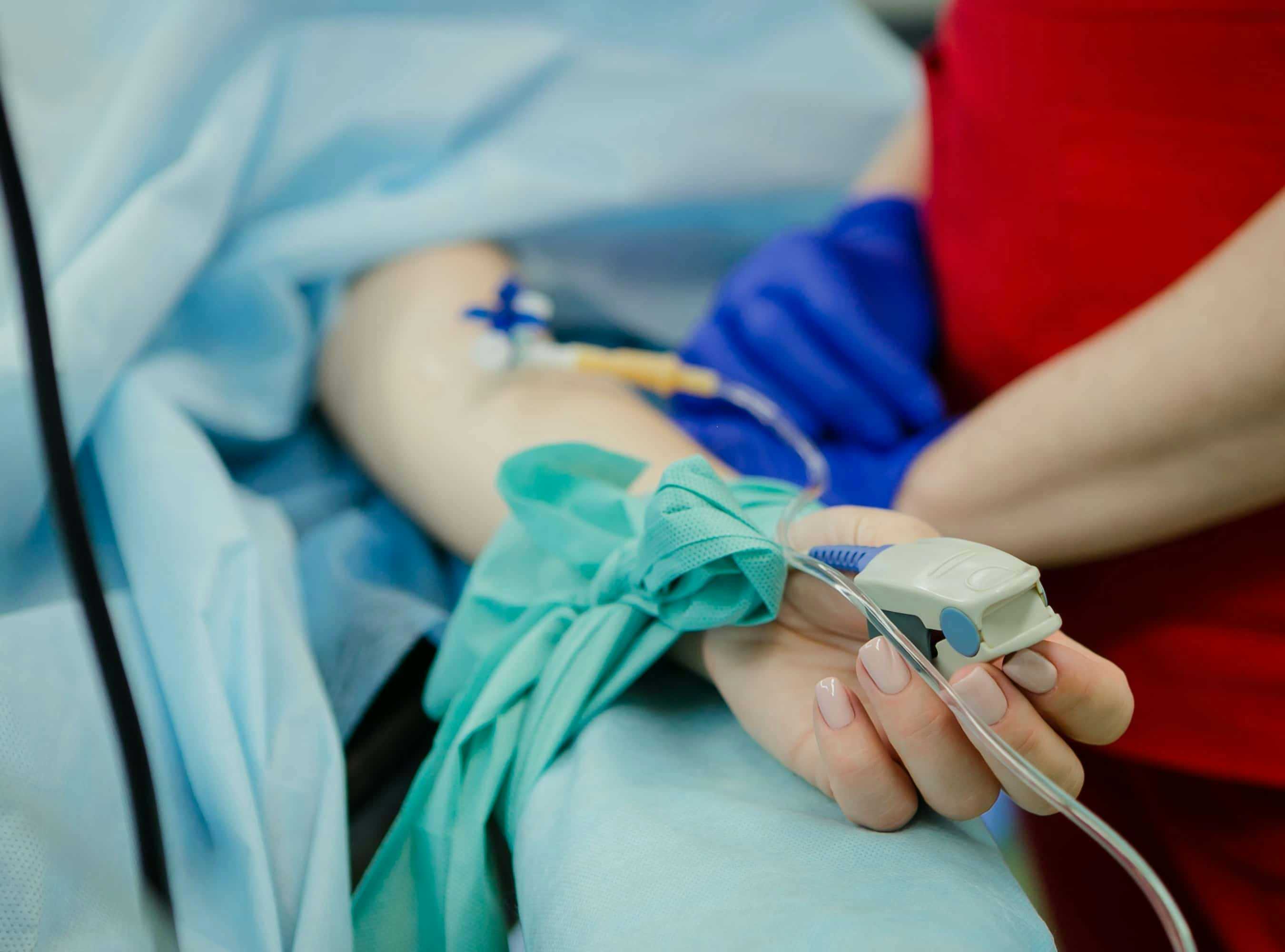Liability Suits Filed After FDA Recall of Medtronic MiniMed Insulin Pumps
After the FDA’s Class I recall of Medtronic MiniMed insulin pumps, lawsuits emerge over alleged malfunctions that may have caused severe injuries and death.
Updated on
The Class I recall, the most serious type of FDA recall, announced the regulatory agency’s discovery that the insulin pumps were incorrectly dosing insulin and that use of the devices could cause serious injury or death. At least two lawsuits have been filed from among the thousands of impacted type 1 diabetes patients who used the faulty devices, including one related to a death allegedly caused by the pumps’ improper dosing.
The Medtronic MiniMed Insulin Pump
The MiniMed 600 series is a line of medical devices from manufacturer, Medtronic, meant to help diabetes patients track their insulin levels and automatically receive injections of properly calibrated amounts of insulin. The two insulin pump products recalled are MiniMed 630G devices (model MMT-1715) manufactured before October 2019 and MiniMed 670G devices (model MMT-1780) made before August 2019.
The FDA approved the MiniMed 630G in August 2016. Medtronic billed the device as a complete makeover for insulin pumps with a new sleek design and color screen. The 630G pump alerts the patient if their glucose value falls below a preset level. If a user doesn’t respond to an alarm, the technology can pause insulin delivery to give the patient time to recover.
The 630G was soon followed by the 670G model in 2017. Dubbed the “artificial pancreas,” the 670G is a hybrid closed loop system consisting of a pump and an infusion catheter. This allows for continuous glucose monitoring and infusion of the correct amount of insulin. Insulin regulation is adjusted every five minutes.
Discovering a Design Flaw
In November 2019, Medtronic issued a patient safety alert letter warning that if a piece of the pump hardware, the retainer ring, breaks or becomes loose, the insulin reservoir may shift and prevent a secure lock within the pump. Improper locking can lead to improper insulin delivery that could result in hypoglycemia or hyperglycemia. Though not mentioned in the letter, additional symptoms from improper insulin dosing can include hunger, shakiness, feelings of anxiety or weakness, dizziness, confusion, or difficulty speaking.
The company mentioned that dropping or bumping the device on a hard surface could break a retainer ring on the cartridge. Users were urged to check the rings on their devices and discontinue use if they were broken. If the reservoir was properly locked in place by the retainer ring, Medtronic said patients could continue to use their pump.
The FDA Takes Action
Three months after Medtronic’s letter to its customers, the FDA announced its full recall of the 630G and 670G models of the MiniMed insulin pumps. The FDA statement reiterated Medtronic’s warning that “if the cartridge is not locked firmly into place, under or over delivery of insulin may occur. Over-delivery can cause hypoglycemia, while under-delivery can result in hyperglycemia.” The FDA went on to say that “severe hyperglycemia can result in a loss of consciousness, seizure, and death.”
The FDA also reported that Medtronic had gotten 26,421 error reports and was aware of 2,175 injuries and one death. As of November 2019, there were an estimated 322,000 Medtronic pumps in the U.S. and thousands more internationally. An estimated 180,000 Americans were using the MiniMed 670G pump.
Pending Product Liability Lawsuits
Schwartz v. Medtronic Minimed Inc.
Mara Schwartz of Greenwood, South Carolina, filed a lawsuit against Medtronic in the U.S. District Court of South Carolina, Greenwood Division. In her February 21, 2020 filing, Ms. Schwartz claims that a 630G insulin pump malfunctioned and delivered the full amount of insulin into her body at once. This caused her blood sugar to drop and put her into a diabetic coma. Schwartz brings strict product liability, negligence, and breach of warranty claims against the company. She seeks compensatory and punitive damages
Multi-State Plaintiffs v. Medtronic Minimed Inc.
Seven plaintiffs filed a lawsuit against Medtronic concerning its 600 series insulin pump system in the Superior Court of California, Los Angeles on April 20, 2020. The case, involving residents of West Virginia, Kansas, Nevada, Ohio, California, and Illinois has since been moved to the U.S. District Court for the Central District of California. The plaintiffs allege they suffered serious injuries after using Medtronic 600 series insulin pumps.
Stellato v. Medtronic Inc. et al
In 2017, Michael Stellato filed a suit against Medtronic, saying his wife died from complications of a coma induced by a malfunctioning MiniMed Quick-Set Paradigm Infusion Set. Medtronic later recalled specific lots of this infusion kit. However, this suit does not appear related to the 630G and 670G models that were recalled in early 2020.
Experts Required for Medtronic Litigation
Given the Class I FDA categorization of the recall and the wide use of the MiniMed Insulin pump products, we can expect many more lawsuits to be filed in the coming months. Plaintiff counsels will want to consult medical experts specializing in endocrinology to assist them in understanding the medical devices and treatment of type 1 diabetes. Biomedical engineering experts with experience in insulin pump design will also be crucial in understanding the viability of product liability claims. In addition, medical device experts can help counsel delve into how the recalled products were designed to work, and what failures potentially caused their clients’ injuries.
Expert Witness Specialty Index
Learn more about the dangers of MiniMed Insulin Pumps from an endocrinology expert.
Explore a sample of our expert network.

E-576751
Endocrinology Expert Witness | Maryland

E-525693
Diabetes & Endocrinology Expert Witness | New York

E-296424
Endocrinology and Diabetes Expert Witness | New York

E-104837
Endocrine Surgery Expert Witness | Georgia

E-357290
Endocrinology And Metabolism Expert Witness | New York

E-151921
Reproductive Endocrinology, Immunology & Genetics Expert Witness | Tennessee
About the author
Carolyn Casey, J.D.
Carolyn Casey is a seasoned professional with extensive experience in legal tech, e-discovery, and legal content creation. As Principal of WritMarketing, she combines her decade of Big Law experience with two decades in software leadership to provide strategic consulting in product strategy, content, and messaging for legal tech clients. Previously, Carolyn served as Legal Content Writer for Expert Institute, Sr. Director of Industry Relations at AccessData, and Director of Product Marketing at Zapproved, focusing on industry trends in forensic investigations, compliance, privacy, and e-discovery. Her career also includes roles at Iron Mountain as Head of Legal Product Management and Sr. Product Marketing Manager, where she led product and marketing strategies for legal services, and at Fios Inc as Sr. Marketing Manager, specializing in eDiscovery solutions.
Her early legal expertise was honed at Brobeck, Phleger & Harrison, where she developed legal strategies for mergers, acquisitions, and international finance matters. Carolyn's education includes a J.D. from American University Washington College of Law, where she was a Senior Editor for the International Law Journal and participated in a pioneering China Summer Law Program. She also holds an AB in Political Science with a minor in art history from Stanford University. Her diverse skill set encompasses research, creative writing, copy editing, and a deep understanding of legal product marketing and international legal trends.
Subscribe to our newsletter
Join our newsletter to stay up to date on legal news, insights and product updates from Expert Institute.
Sign up nowA Sample Voir Dire: How To Qualify An Expert Witness
Download free white paperChallenging Opposing Experts: Advanced Research Techniques
Download free white paperCross Examining Expert Witnesses: The Ultimate Guide
Download free white paper
Subscribe to our newsletter
Join our newsletter to stay up to date on legal news, insights and product updates from Expert Institute.



